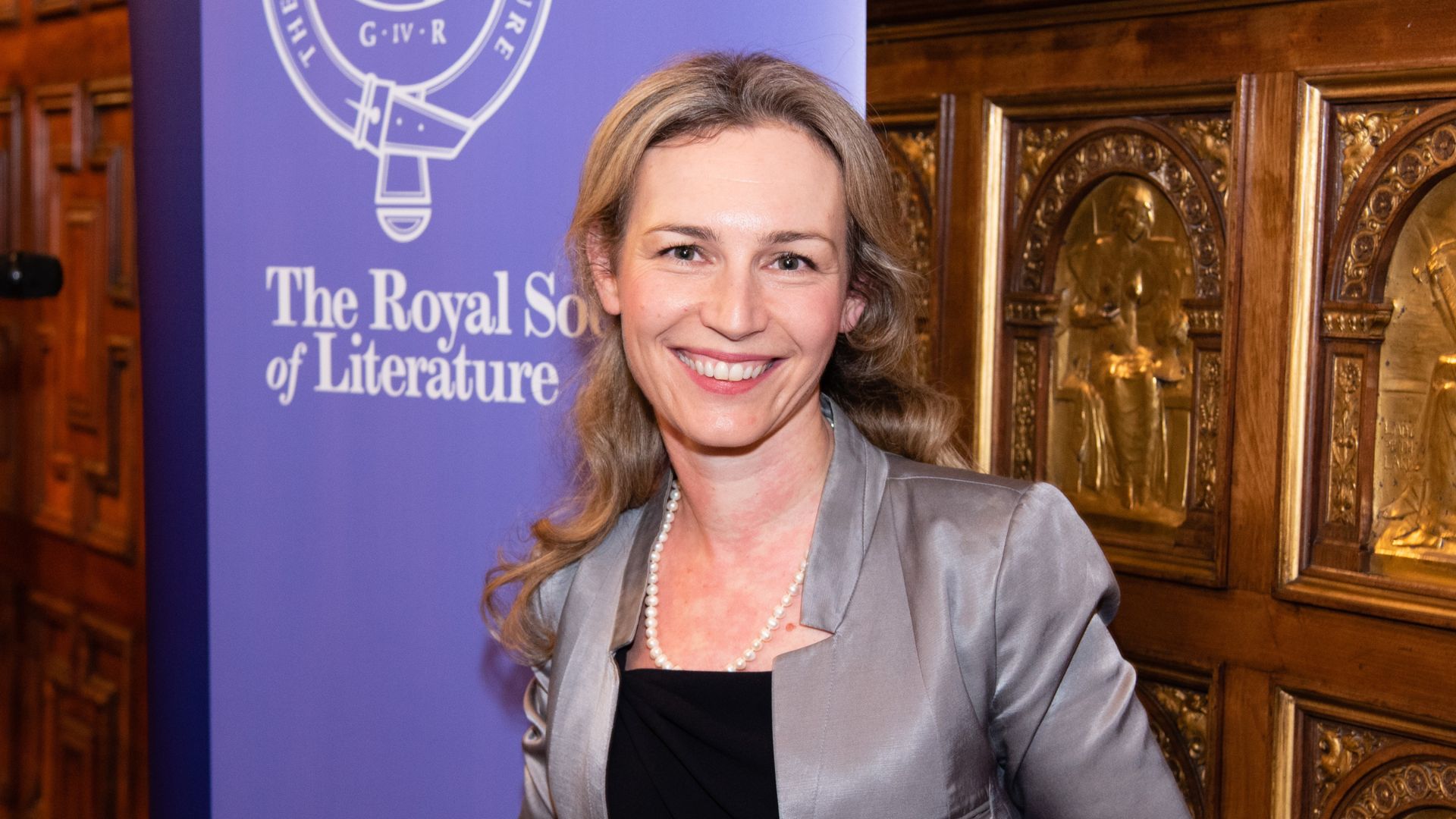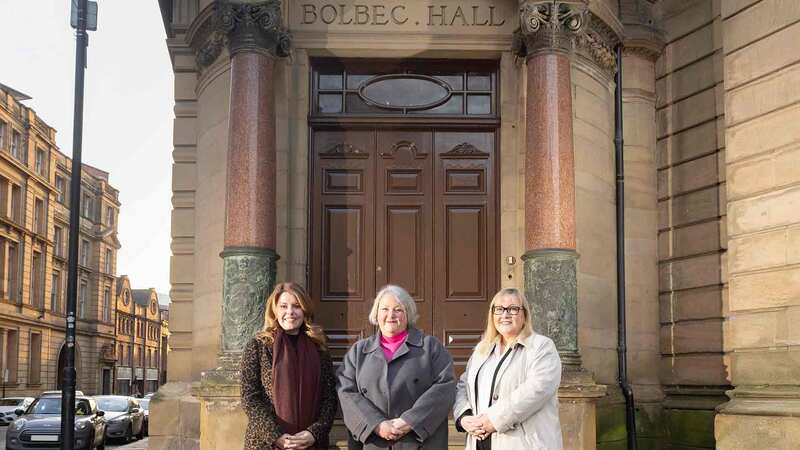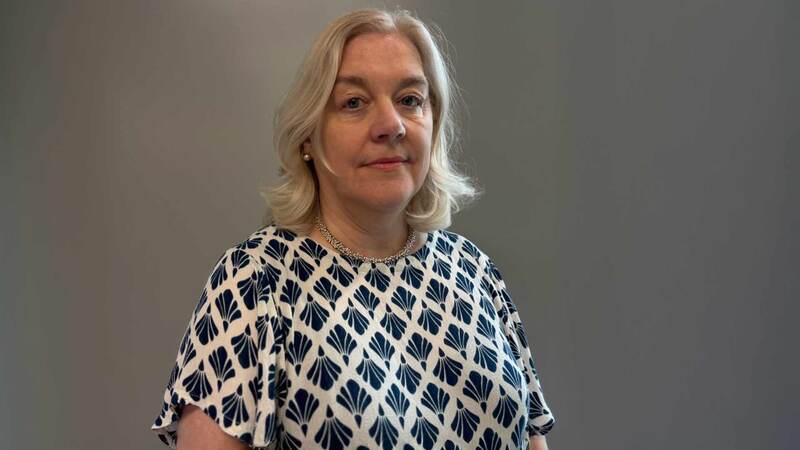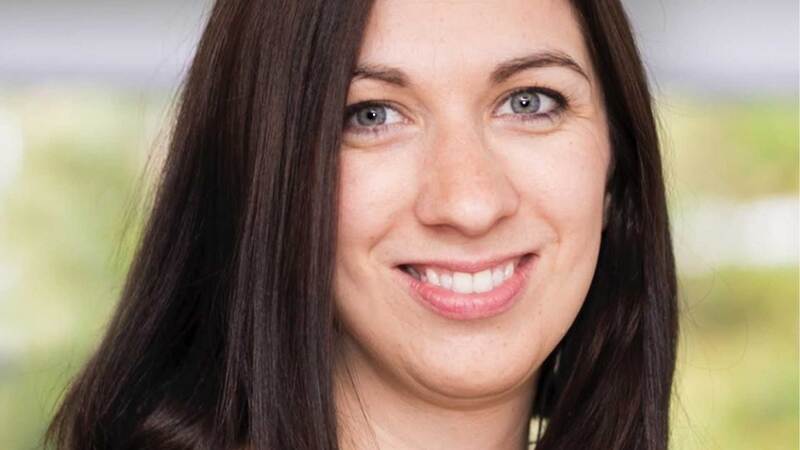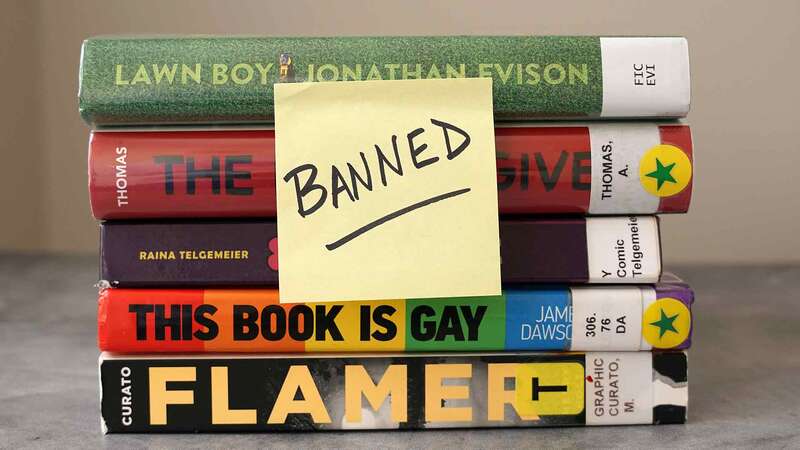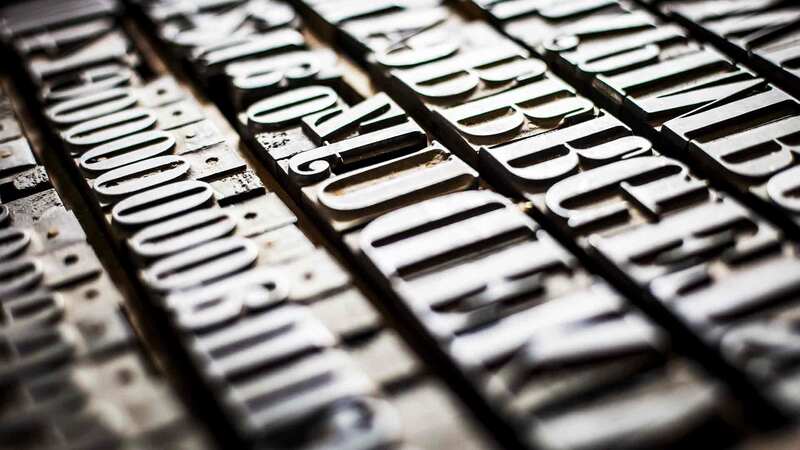You are viewing your 1 free article this month. Login to read more articles.
Burnet, Taneja and Ypi shortlisted for Gordon Burn Prize
Graeme Macrae Burnet, Preti Taneja and Lea Ypi are among five authors to be shortlisted for this year’s Gordon Burns Prize, which celebrates bold and innovative fiction and non-fiction.
The shortlist includes memoir, creative non-fiction, true crime and fiction in works that explore themes including radical compassion, the duty of freedom and the nature of sanity.
Burnet’s shortlisted novel Case Study (Saraband), which was scooped by the Manchester indie in a five-way auction and has also been longlisted for the Booker, consists of a series of notebooks sent to the author in 2020 to aid his research into the forgotten 1960s psychotherapist Arthur Collins Braithwaite—a controversial contemporary of R D Laing.
Taneja’s essay memoir Aftermath (And Other Stories) examines the ramifications of the 2019 terrorist attack at Fishmongers’ Hall in London. Usman Khan was a convicted terrorist who, on release from prison, went on to kill two people. Taneja had taught Khan in prison and one of his victims was her colleague. The book is described by the publisher as "an attempt to rebuild faith in human compassion and a recommitment to activism and radical hope".
Meanwhile Ypi’s coming-of-age memoir Free: Coming of Age at the End of History, which won the £10,000 Ondaatje Prize (Allen Lane), explores political upheaval in Albania, while About a Son by David Whitehouse (Phoenix), part true crime, part memoir, delves into the of murder of 20-year-old Morgan Hehir in Nuneaton in 2015.
Completing the list is Constructing a Nervous System by Margo Jefferson (Granta), a memoir tracing, from Josephine Baker’s transformations to Willa Cather’s aesthetics of whiteness, how people can find spaces in uninviting cultures.
The 2022 shortlist was selected by a judging panel featuring sportswriter and columnist Jonathan Liew, author Denise Mina, broadcaster Stuart Maconie, artist and poet Heather Phillipson and writer Chitra Ramaswamy.
"This has been a very strong year for entrants for this prize, which rewards the sort of experimental writing Gordon Burn’s own work exemplified," chair of the judges Mina said. "It has been a privilege and a joy to read these books, thrilling and surprising in turn. Each and every book on the shortlist more than deserves its place."
The winner will receive £5,000 and the chance to undertake a three-month retreat at Gordon Burn’s cottage in the Scottish Borders.
Liew added: "I know it’s the oldest judging cliche in the book to say that the overall standard was extremely high and it was it a devilishly difficult process to pick a shortlist. Nevertheless: it really was a devilishly difficult process picking a shortlist, not least because the overall standard was extremely high. Congratulations to all involved."
Phillipson said: "Reading the Gordon Burn shortlist was a form of space-time travel. Every book changed my brain’s air pressure. I have returned fizzed up and worldlier."
The prize is run in partnership with the Gordon Burn Trust, New Writing North, Faber & Faber and Durham Book Festival, a Durham County Council festival. It remembers the Newcastle-born writer Gordon Burn, who died in 2009, and seeks to celebrate those who follow in his footsteps.
Judges will announce the winning title at Durham Book Festival on 13th October.




